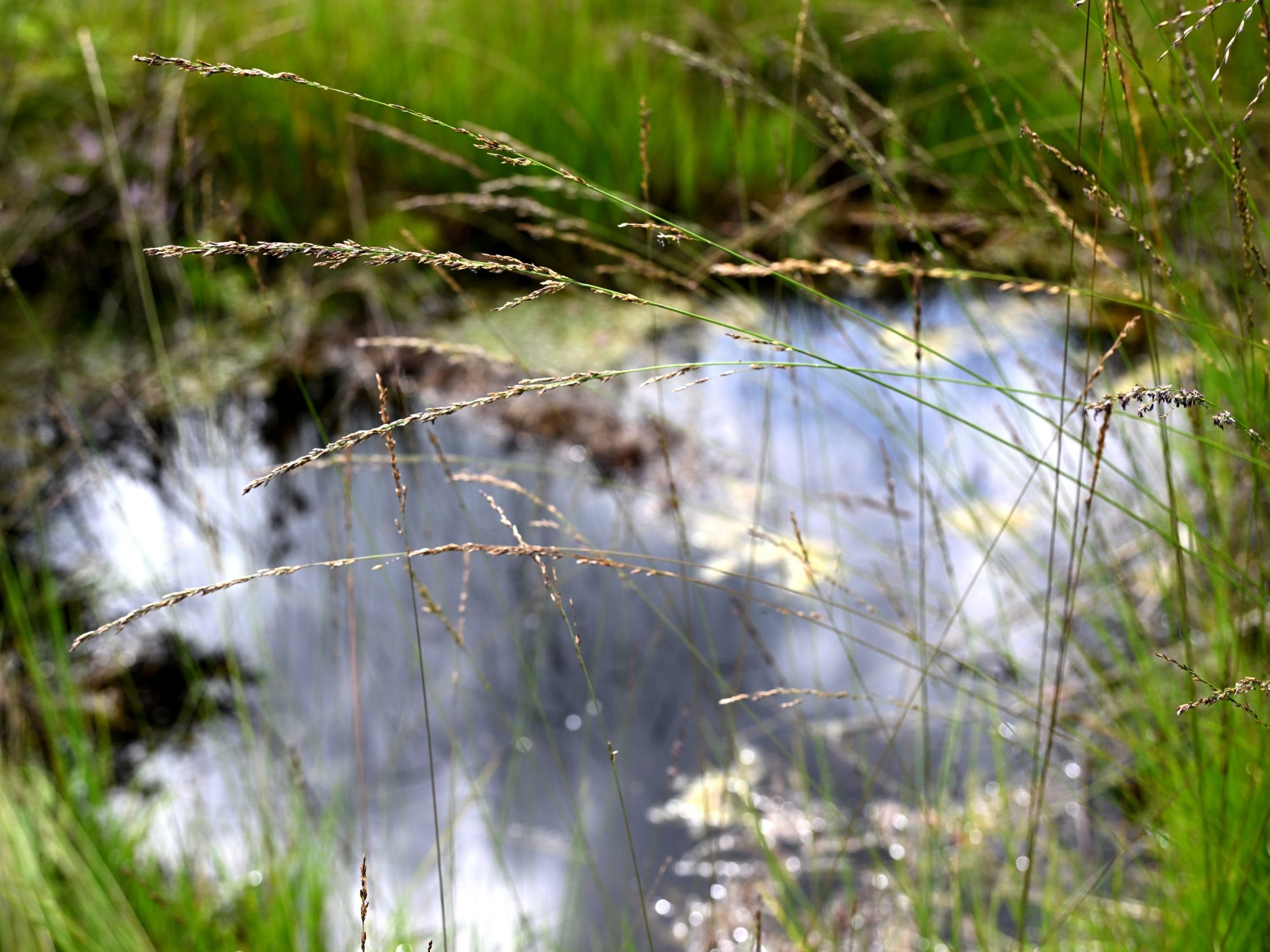WWF calls for more speed in renaturation in Austria

"Key points such as financing, comprehensive public information, and the necessary resources in the authorities are still unclear. This must change quickly so that Austria can have a well-coordinated plan for nature restoration," says WWF expert Joscha Brangs, who calls for a concrete roadmap in the coming weeks, improved information policy, and more staff for the responsible authorities.
WWF: Restoration Increases Diversity and Secures Food Supply
The WWF calls on the federal government and the states to make the best possible use of the regulation for the environment and rural areas. "A restored nature increases biodiversity, supports the fight against the climate crisis and its consequences, and secures our long-term food supply in Europe," explains Joschka Brangs from the WWF. To fully utilize the possibilities of the regulation, it is necessary, among other things, to inform landowners and land users early and involve them as partners in the implementation.
According to the WWF, the restoration and recovery of impaired ecosystems are among the most urgent tasks of the coming decades, especially in Austria: Over 80 percent of species and habitats protected under European law are not in a favorable conservation status. More than half of the flowing waters do not meet the EU criteria for a good ecological status. Likewise, the majority of the moors are in an alarming condition. By 2030, effective measures for the restoration of nature should be carried out on at least 20 percent of all damaged land and marine areas in Europe.
(Red)
This article has been automatically translated, read the original article here.





